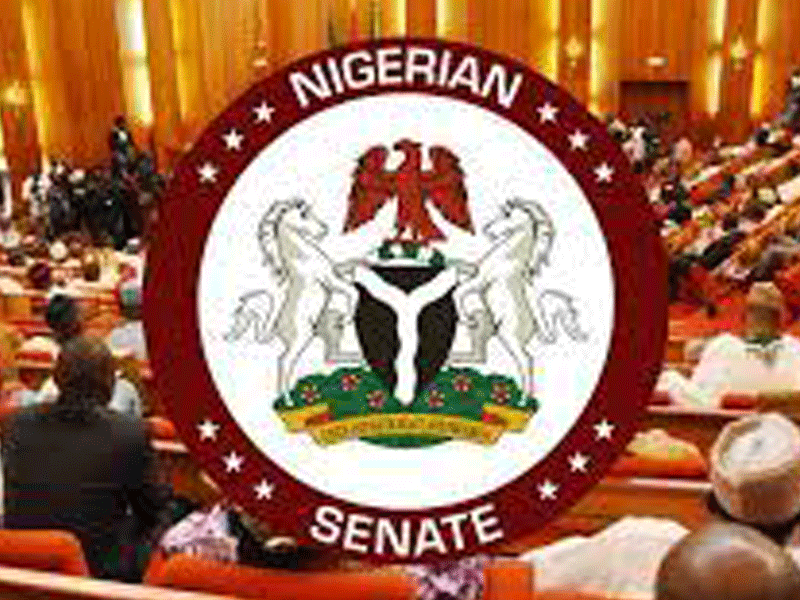
Sunday Aborisade in Abuja
Following the redesigning of the N200, N500 and N1,000 banknotes, the Senate in a unanimous resolution yesterday urged the Central Bank of Nigeria (CBN) to extend the deadline for the return of the old currency from January 31, 2023, to June 30, 2023.
The resolution of the Senate was sequel to a motion titled, “Urgent need to extend the withdrawal of old currency from circulation,” sponsored by former Senate Leader, Senator Ali Ndume, APC, Borno South.
Ndume who noted that the timing of the policy was wrong, said since the beginning of the implementation of the cash withdrawal limits, the new notes are not in circulation even in cities not to talk of the rural communities.
The CBN had on November 8, said it had finalised arrangements for the new currency to begin circulation from December 15, 2022, after its launch by President Muhammadu Buhari.
It had explained that the new and existing currencies shall remain legal tender and circulate together until January 31, 2023, when the existing currencies shall cease to be legal tender.
But speaking, Ndume said, “Many Nigerian banks on Thursday 15th December, 2022, opened their vault to customers and depositors to exchange their old naira notes for the newly redesigned currency, which has a stipulated deadline of January 31, 2023;
“Aware that Some Nigerians are already envisaging rush and long queues in the banking hall across the country as a result of people trying to get access to the new naira note, which was unveiled last month by President Mohammad Buhari at a brief ceremony at the state house, Abuja.
“Aware also that the old notes are expected to be in circulation alongside the new ones until January 31, 2023, when the old notes are expected to be phased out, it is expected that many Nigerian businesses would start to reject the old notes as soon as the banks start paying out the redesigned notes to customers.
“Observes that access to the new notes may be compounded by the recent circular by the CBN, which limit the amount of cash individuals and corporate entities could withdraw within a certain period of time.
“For instance, the CBN said individuals could only withdraw N100, 000 per week while corporate could only have access to N500, 000 per week through over-the-counter (OTC) transactions.
“Observes that access to large quantities of cash above the limit would attract processing fees of 5 per cent and 10 per cent for individuals and corporate entities respectively.
“Large withdrawals are also subjected to scrutiny by the regulator to determine the importance and usage of such cash; and convinced that if the withdrawal of old notes from circulation is not extended beyond 31st January many Nigerian will be thrown into hardship and to avoid a repeat of 1984 experience withdrawal of old notes.”
However, Ndume failed to acknowledge that the CBN last week announced an upward review of the cash withdrawal limits across all payment channels by individuals and corporate organisations.
Under the updated regime, the apex bank had said effective January 9, 2023, individuals and corporate entities could withdraw a maximum of N500,000 and N5 million, respectively, away from N100,000 and N500,000, respectively, which was previously announced on December 6, 2022.
In an updated circular dated December 21, 2022, and addressed to all Deposit Money Banks (DMBs) and Other Financial Institutions, Microfinance Banks, Mobile Money Operators, and Agents, the CBN had explained that the upward review was as a result of the feedback it received from stakeholders.
The correspondence was signed by CBN Director, Banking Supervision Department, Mr. Haruna Mustafa.
Via: THISDAY










